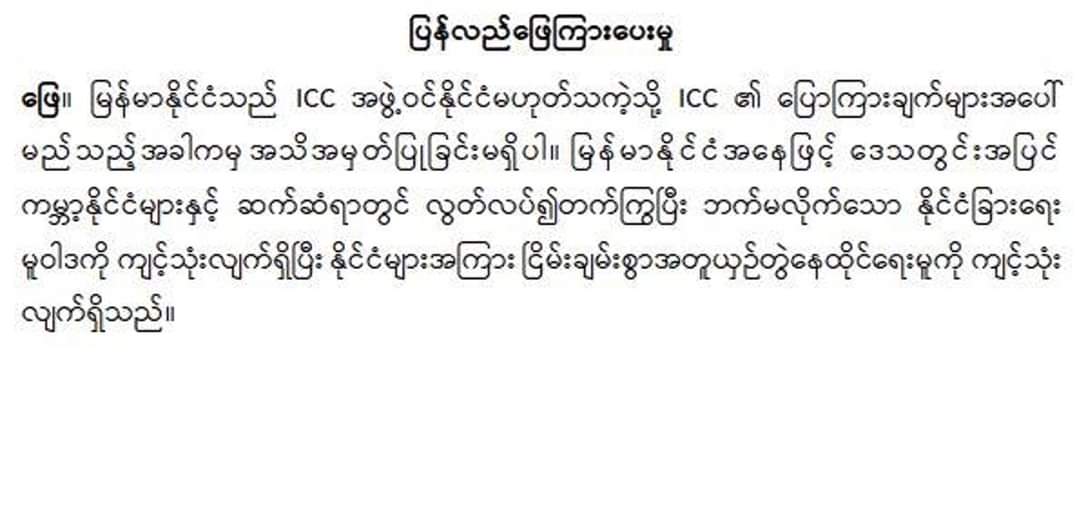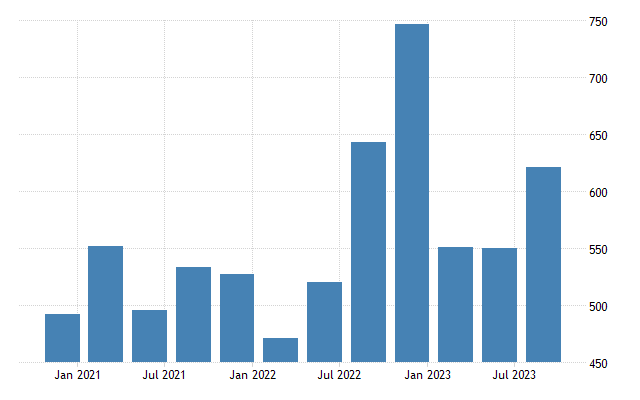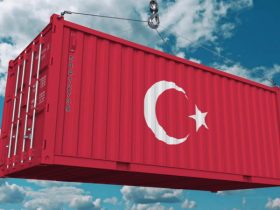
Mali’s main trading countries
Mali, a landlocked country in West Africa, relies heavily on trade for its economic development. Its trade relationships are shaped by its natural resources, agricultural sector, and geographical location. Here’s an overview of Mali’s main trading partners and their significance:
Main Trading Partners for Exports
1. China:
China is one of Mali’s largest trading partners, primarily due to its role in purchasing Mali’s gold. Gold constitutes the majority of Mali’s export earnings, accounting for over 70% of its total exports. China’s growing demand for raw materials, especially gold, has strengthened its trade ties with Mali.
2. Switzerland:
Switzerland is another significant destination for Mali’s gold. Swiss refineries are key players in the global gold trade, and Mali’s gold often ends up in these refineries. This trade relationship highlights Switzerland’s role as a hub for precious metals.
3. India:
India is a major importer of Mali’s raw cotton, another key export commodity. Cotton is vital to Mali’s agricultural sector and provides employment for a large portion of its rural population. India’s textile industry relies on imports of raw cotton from countries like Mali.
4. United Arab Emirates (UAE):
The UAE also imports substantial amounts of Mali’s gold, further diversifying Mali’s export destinations for this crucial resource. Dubai, in particular, has become a center for gold trading, attracting exports from Mali.
5. Other African Countries:
Mali maintains robust trade relationships with neighboring West African countries, particularly within the Economic Community of West African States (ECOWAS). These include Côte d’Ivoire, Senegal, and Burkina Faso, which import agricultural products and livestock from Mali.
Main Trading Partners for Imports
1. China:
China is not only a key export destination but also Mali’s leading supplier of imported goods. These imports include machinery, electronics, construction materials, and consumer goods, reflecting Mali’s dependence on external sources for industrial and consumer products.
2. France:
As a former colonial power, France remains an essential trading partner for Mali. It supplies pharmaceuticals, machinery, and manufactured goods. French companies have a strong presence in Mali, especially in sectors like energy and telecommunications.
3. Senegal:
Senegal plays a pivotal role in Mali’s import network due to its access to the Atlantic Ocean. The port of Dakar serves as a crucial gateway for goods entering Mali, including fuel, food products, and construction materials.
4. Ivory Coast (Côte d’Ivoire):
Côte d’Ivoire is another major supplier of goods to Mali, including petroleum products, processed food, and manufactured items. Its proximity and shared ECOWAS membership facilitate this trade relationship.
5. The Netherlands:
The Netherlands is a key supplier of agricultural machinery and fertilizers, aiding Mali’s farming sector. This relationship underscores Mali’s need for technological inputs to boost agricultural productivity.
Regional and Global Trade Dynamics
West African Economic Community (ECOWAS):
Mali benefits from its membership in ECOWAS, which promotes free trade among West African countries. This regional integration facilitates cross-border trade in agricultural products, livestock, and manufactured goods.
Infrastructure Challenges:
Mali’s trade heavily depends on land transportation, as it is landlocked. Access to seaports in Senegal and Côte d’Ivoire is critical for its imports and exports. This dependency makes Mali vulnerable to regional political and logistical disruptions.
Export Reliance on Gold and Cotton:
Mali’s trade is highly concentrated in a few commodities, making its economy sensitive to global price fluctuations. Efforts to diversify exports, including the promotion of agricultural products and artisanal crafts, are ongoing but remain limited.
In conclusion, Mali’s trade relationships are diverse, with significant partners in Africa, Europe, Asia, and the Middle East. Its reliance on gold and cotton as primary export commodities underscores the need for economic diversification to reduce vulnerability to global market changes. Regional cooperation through ECOWAS and investments in infrastructure can further enhance Mali’s trade potential.




Leave a Reply